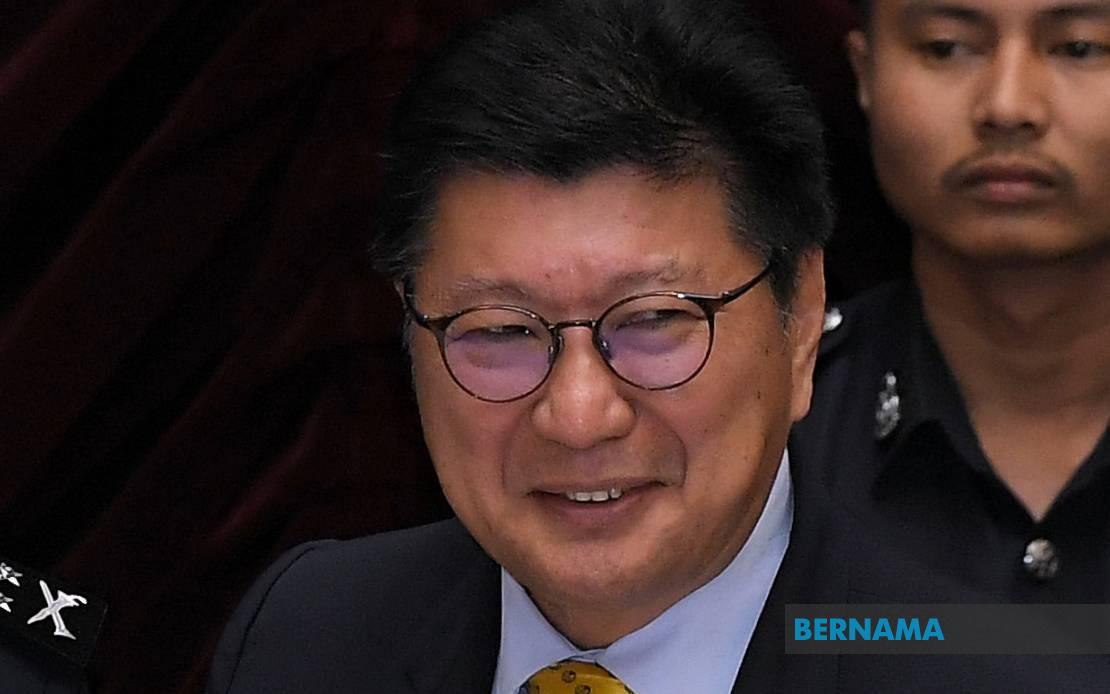
Tan Sri Soh Thian Lai – Bernama file photo
KUCHING (June 2): The Federation of Malaysian Manufacturers (FMM) has urged the federal government to consult all stakeholders for a thorough review process prior to the reintroduction of the Goods and Services Tax (GST).
FMM president Tan Sri Dato Soh Thian Lai said this is to ensure the success of introducing an effective tax regime, which will not burden the people but still help widen the country’s revenue base.
Based on a survey on the reintroduction of GST carried out by FMM in May 2020, he said manufacturers had proposed improvements to GST to be more consumer-and-business-friendly.
“Among the proposals was to reduce GST rate to four per cent to boost conducive business conditions which would lead to higher investments and employment opportunities as well as higher disposable income for the rakyat,” he said today in a statement issued to welcome the Prime Minister’s call to reintroduce GST.
A total of 499 companies responded to the survey, and strongly supported for GST to replace the current SST.
Soh said manufacturers also proposed to gradually bring down corporate tax rate to 20 per cent, and implemente zero-rate for all essential goods and services.
He said they had also suggested to maintain GST registration threshold at RM500,000, while the government must minimise delay in refunds.
“Manufacturers have also proposed to include the provision of interest on late payments and refunds in the GST legislation to ensure strict cmpliance to the Client Charter and integrity of the system.
“The government should also ensure that proper mechanism is in place to monitor price control and anti-profiteering in the market when the tax system is reintroduced,” he added.
According to him, GST is a more transparent and effective tax regime compared to the Sales and Services Tax (SST).
Soh believed that, with GST, prices of Malaysian exports will become more competitive on the global stage as no GST is imposed on exported goods and services, while GST incurred on inputs can be recovered along the supply chain.
He further pointed out that GST would increase indirect taxes, which will give flexibility to the government to reduce direct taxes such as personal income tax and corporate tax to make Malaysia a more attractive business destination.
“Nevertheless, bearing in mind that the government’s focus now is the revival of the economy and manufacturers will now need to prioritise their time and energy on rebuilding their business, the reintroduction of the GST should not be considered in isolation but as a part of the holistic assessment of Malaysia’s tax systems and the country’s fiscal position.”
He added that the reintroduced GST must be easy to manage and also not increase the cost of doing business.
